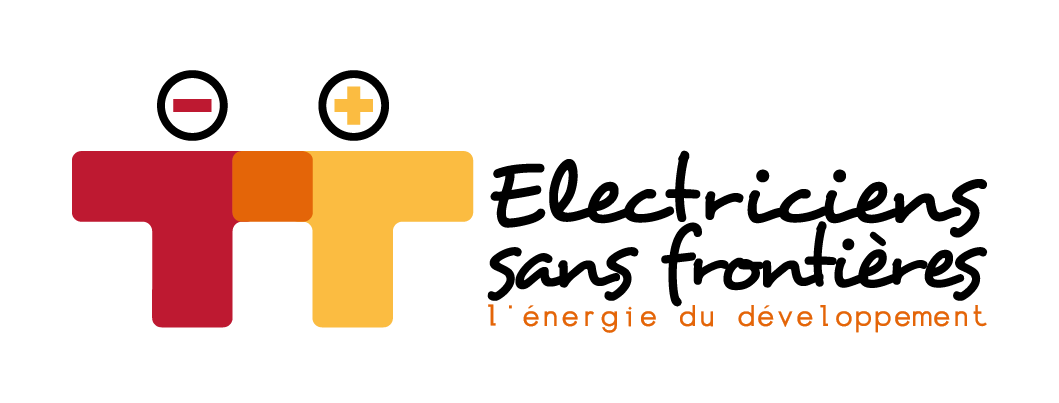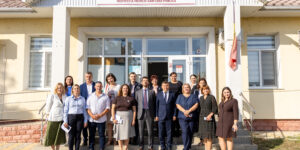The French NGO Electriciens sans frontières has been invited to join the French delegation at the High-Level Political Forum on Sustainable Development to be held from July 10th to 19th at the United Nations headquarters in New York – under the auspices of the Economic and Social Council. This annual event provides an opportunity for governments to take stock of the implementation of the 2030 Agenda and the achievement of the 17 Sustainable Development Goals (SDGs).
Our representative, Tania Chauvin, was on hand from Tuesday, July 11th to Thursday, July 13, for a plenary intervention from the French seat during Session 7 : “SDG 7 and its links with the other SDGs – Clean and affordable energy”. An opportunity to make our voice heard as an NGO and as an energy specialist with over 35 years’ experience in off-grid rural areas around the world.
A MILESTONE FOR INTERNATIONAL TARGETS
This is an important year for France, as it will be presenting its second Voluntary National Review, taking stock of the actions implemented in favor of the SDGs at home and abroad. It’s also a pivotal year at international level: halfway through the 2030 Agenda for the SDGs and the 1.5° objective, the current crises (inflation, war in Ukraine, increasing number of extreme climatic events) threaten the progress made to date, while underlining the importance of a sustainable green transition.
“With current policies, we are heading for 2.8 degrees of global warming by the end of the century. The consequences will be devastating,” warned UN Secretary-General Antonio Guterres, noting that “only renewable energies can close the energy access gap, stabilize prices and guarantee energy security.”
AT THE CURRENT RATE: 675 MILLION PEOPLE WILL REMAIN WITHOUT ELECTRICITY BY 2030
Despite significant progress, from lowering the cost of solar power to increasing access to electricity worldwide, the IEA [1]warns that at the current rate, 675 million people will remain without access to electricity by 2030, the vast majority in sub-Saharan Africa, in the most disadvantaged rural areas. To reach this “last mile” and not leave the poorest behind, solutions must be more socially inclusive, by financing projects that intelligently mobilize public players, the private sector and NGOs in their respective areas of expertise.
[1] https://trackingsdg7.esmap.org
BUILDING BACK BETTER AFTER CRISES
Crises of multiple origins are disrupting access to energy in long-established electrified areas: in Ukraine, Lebanon… They are sparking growing interest in decentralized renewable energy, a source of resilience and autonomy when the conventional grid fails. From these dramatic contexts can emerge real opportunities for “building back better”: decarbonizing the energy mix by developing renewable capacities and injecting them into the grid. To ensure that these projects are appropriate, properly sized and sustainable, and that the enthusiasm for renewable energies is not a source of disappointment, it is essential to mobilize the necessary skills and technical expertise, and to anticipate the long term.
ACT NOW FOR THE FUTURE
The points of view shared during this Forum will be used to prepare the Summit of the Future to be held in September, which should enable countries to get back on track by 2030. For energy, solutions do exist, and we’re doing our bit: in Ukraine, in the Sahel, in Togo, in Madagascar.
FORUM CONTACT: Tania Chauvin, +33.7.77.85.37.90, tania.chauvin@electriciens-sans-frontieres.org
PRESS CONTACT: Solène Vergerolle, +33.6.09.44.70.34, solene.vergerolle@electriciens-sans-frontieres.org



